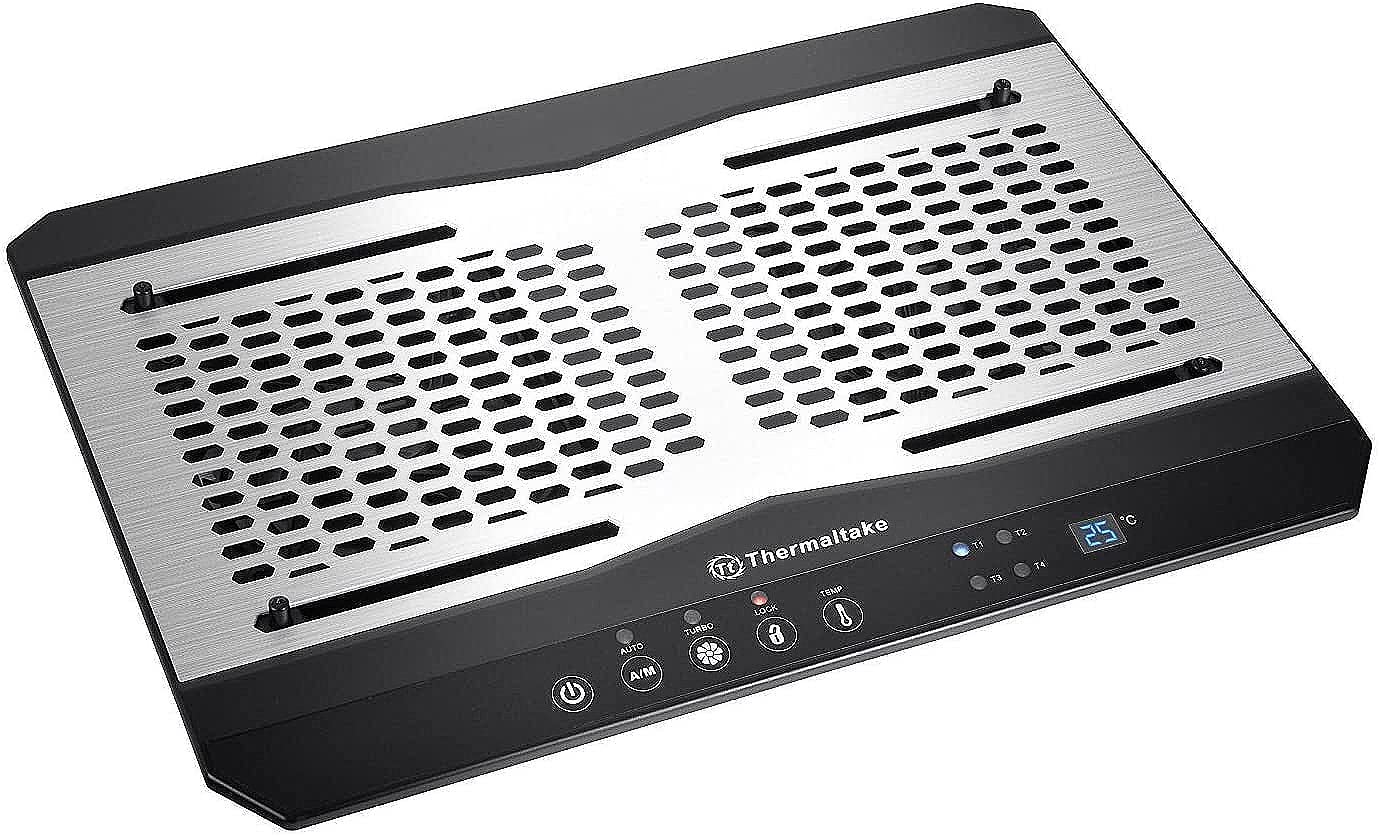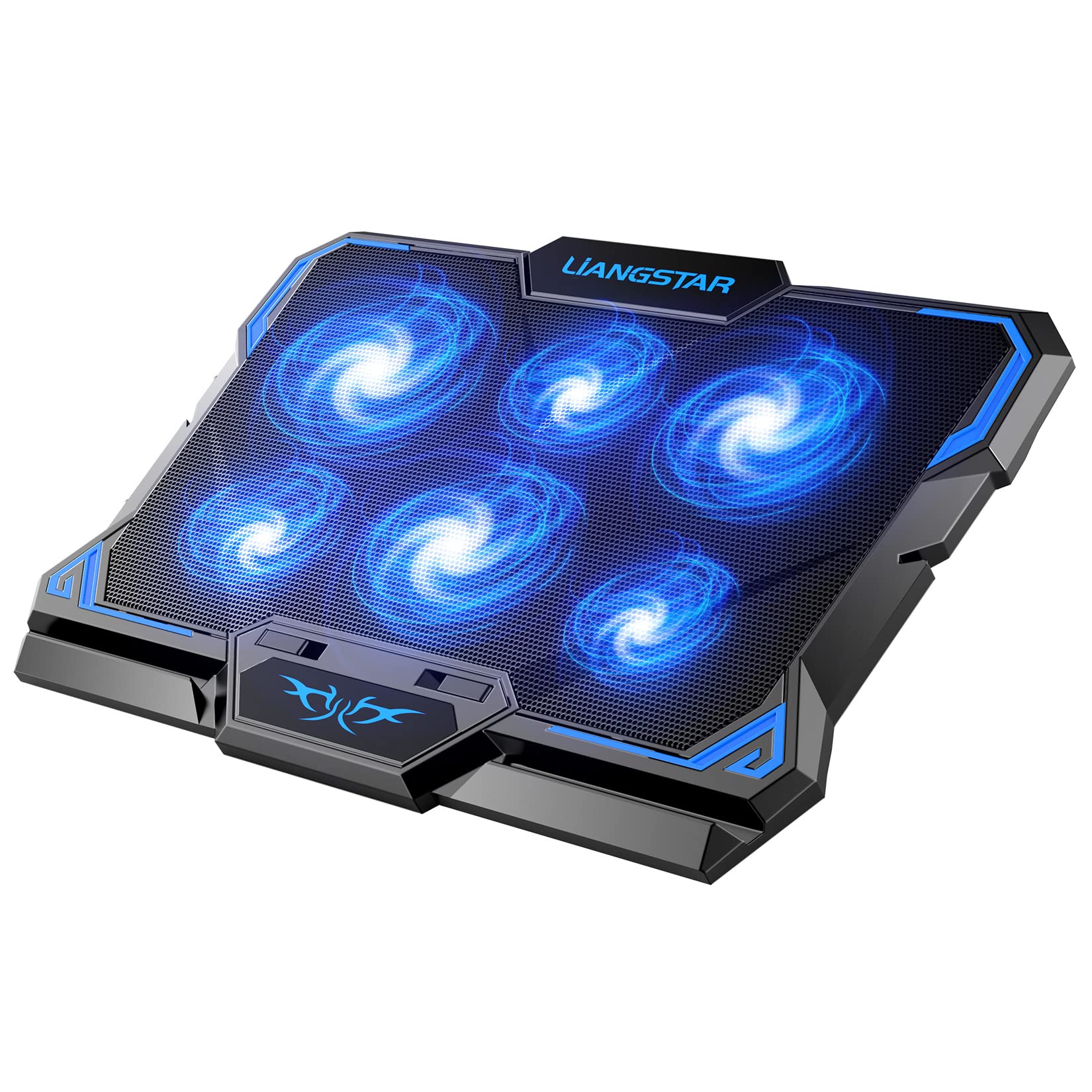As an Asus laptop user, dealing with overheating issues can be frustrating. However, there are effective solutions to address this problem and ensure optimal performance.
Identifying Overheating Symptoms and Common Causes
Overheating issues in Asus laptops can lead to performance problems and potential damage to your device if not addressed promptly. Here are some key symptoms to watch out for and common causes of overheating:
Symptoms:
1. Frequent system crashes or sudden shutdowns during operation.
2. Unusually loud fan noise or constant fan activity.
3. Sluggish performance or lagging response times.
4. The laptop becomes too hot to touch, especially near the keyboard or bottom.
Common Causes:
1. Blocked ventilation: Dust and debris can accumulate in the laptop’s vents and obstruct proper airflow, causing overheating.
2. Overclocking: If the CPU clock rate is set too high, it can generate excessive heat, leading to overheating.
3. Inadequate cooling system: A faulty or inadequate heat sink, cooling fan, or thermal paste can prevent proper heat dissipation.
4. Operating in high-temperature environments: Using the laptop in direct sunlight or in rooms with high ambient temperatures can exacerbate overheating issues.
To troubleshoot and solve Asus laptop overheating problems, follow these steps:
1. Ensure proper airflow: Keep the laptop on a flat, hard surface like a desk to allow for better ventilation.
2. Clean the vents: Use compressed air to remove dust and debris from the vents and fan.
3. Adjust power settings: Lowering the CPU’s maximum processing power in the Control Panel can help reduce heat generation.
4. Use a laptop cooler: Consider using a laptop cooling pad or stand to improve airflow and dissipate heat more effectively.
5. Avoid overclocking: If you’ve overclocked your laptop, revert to the default clock settings to reduce heat output.
6. Monitor temperatures: Install a temperature monitoring program to keep track of your laptop’s temperature and identify any potential issues.
Effective Strategies for Preventing Overheating
Here are some effective strategies to prevent your Asus laptop from overheating:
1. Maintain proper ventilation: Ensure that the laptop’s vents and fans are free from dust and debris. Use compressed air to clean them regularly. Place the laptop on a hard, flat surface to allow better airflow.
2. Use a laptop cooler: Invest in a laptop cooling pad or stand to improve airflow and dissipate heat. These accessories often come with built-in fans to provide additional cooling.
3. Adjust power settings: Lower the clock rate or enable dynamic frequency scaling to reduce the strain on your laptop’s CPU, which can generate excess heat. Adjusting the power settings can be done through the Control Panel (Windows) or System Preferences (Mac).
4. Limit multitasking: Running multiple resource-intensive programs simultaneously can cause your laptop to heat up quickly. Close unnecessary applications and consider using task management tools to optimize your computer’s performance.
5. Check for software updates: Outdated or buggy software can strain your laptop’s hardware, leading to overheating. Regularly check for updates for your operating system, drivers, and installed programs. These updates often come with bug fixes and performance improvements.
Step-by-Step Troubleshooting Techniques
- Clean the air vents: Use compressed air or a soft brush to remove dust and debris from the laptop’s air vents.
- Elevate the laptop: Place the laptop on a cooling pad or elevate it using a laptop stand to improve airflow.
- Update the BIOS: Check the manufacturer’s website for any BIOS updates that may address overheating issues.
- Adjust power settings: Reduce the laptop’s power consumption by adjusting the power settings to a lower performance mode.
- Close unnecessary programs: Close any unnecessary applications or processes running in the background to reduce CPU usage.
- Check for malware: Run a full scan with an antivirus program to check for any malware or viruses that may be causing excessive CPU usage.
- Reapply thermal paste: If the laptop is still overheating, consider reapplying thermal paste on the CPU and GPU to improve heat transfer.
- Update device drivers: Make sure all device drivers are up to date as outdated drivers can sometimes cause overheating issues.
- Use a laptop cooling fan: Consider using an external laptop cooling fan to provide additional cooling for the laptop.
- Monitor temperature: Install a temperature monitoring software to keep track of the laptop’s temperature and take appropriate actions if it exceeds safe levels.

Enhancing Cooling Efficiency and Performance Management

| Problem | Solution |
|---|---|
| Overheating | 1. Clean the laptop’s cooling vents regularly to remove dust and debris. 2. Use a laptop cooling pad to improve airflow. 3. Avoid using the laptop on soft surfaces that block the vents. 4. Adjust the power settings to optimize cooling performance. 5. Update the laptop’s BIOS and drivers. |
| Performance Management | 1. Close unnecessary background processes and applications. 2. Use a reputable antivirus software to remove malware. 3. Disable unnecessary startup programs. 4. Upgrade hardware components such as RAM and SSD. 5. Perform regular disk cleanup and defragmentation. |
| Additional Tips | – Use a laptop cooling pad with built-in fans to enhance cooling efficiency further. – Keep the laptop’s operating system and software up to date. – Avoid blocking airflow by placing the laptop on a flat surface. – Use a laptop stand to elevate the laptop and improve ventilation. – Avoid exposing the laptop to extreme temperatures. |
FAQs
Why is the fan whirring on my ASUS laptop?
The fan on your ASUS laptop is whirring because it is either overheating or there is a problem with the fan itself.
Why is the fan running on my ASUS laptop?
The fan is running on your ASUS laptop because it is designed to maintain a certain temperature threshold and may increase speed when the system is cool. It is also possible that there is an issue with the temperature sensors on your laptop.
Why has my laptop been getting so hot?
Your laptop may be getting hot due to dust buildup on the fans or air vents. This can reduce system performance and potentially damage internal components.
Does ASUS laptops have heating problem?
Asus laptops may experience heating problems if their cooling systems, such as fans and heat sinks, are faulty or not functioning properly.

